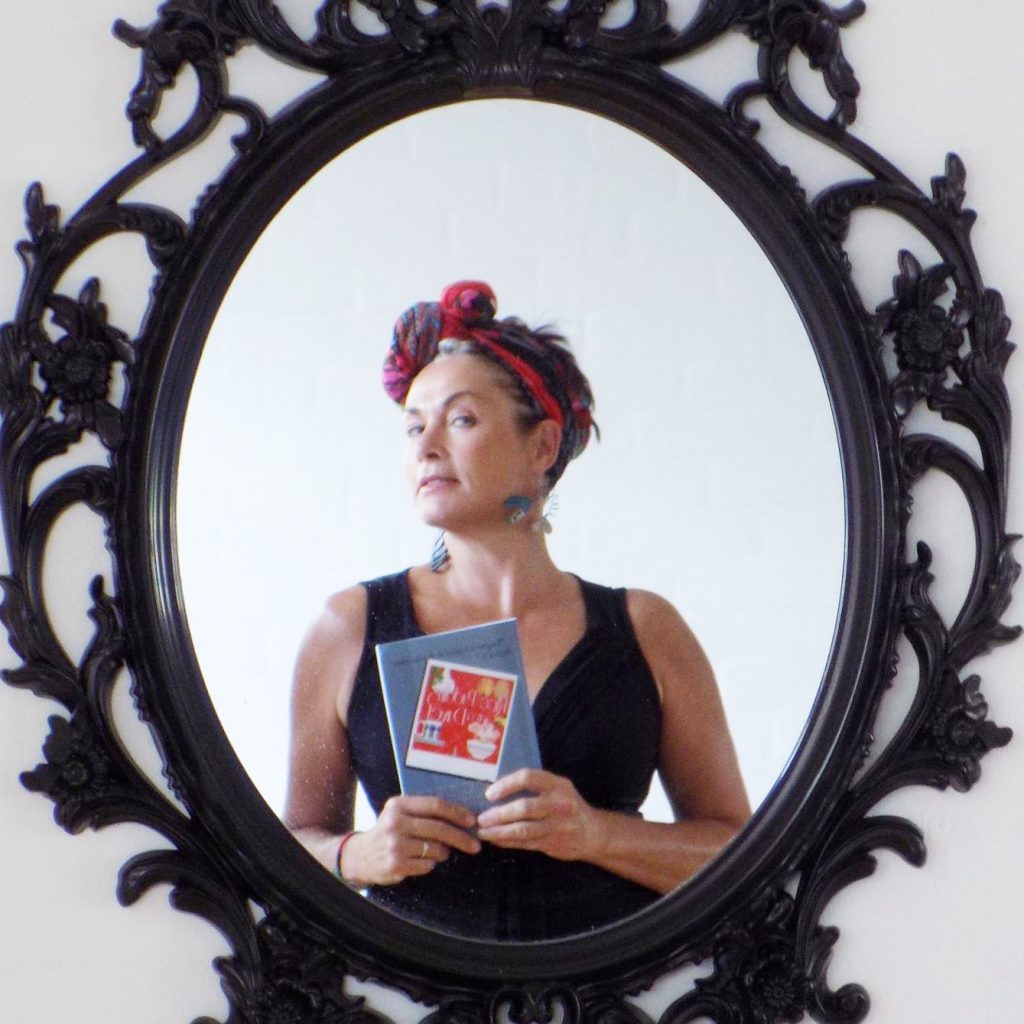Signing a book deal should be an author’s dream. But for Nadia Thu Huong Ho, it was the start of a nightmare.
In February 2018, Ho contacted Annemarie Skjold Jensen, the CEO of Whyte Tracks Publishing in Helsingør, about publishing and promoting her anthology, ‘A Mile in Our Shoes – Personal Stories of Global Journeys’. The volume chronicles autobiographical accounts from 11 international contributing authors. Ho herself is based in the US.
Over a year later, although communication has lapsed with Jensen, Ho claims Jensen has proceeded to distribute and possibly profit off an error-riddled draft of her book without her consent.
“The book is currently sold worldwide on many bookselling platforms, including Amazon. We never gave the publisher permission to publish any version of the book draft,” Ho said.
Neither Ho nor the volume contributors have received any royalty payments, and Ho has since made contact with 12 other authors in a similar situation.
Red flags
Ho said her first interactions with Jensen were positive and professional. In early meetings, Jensen laid out a timeline for editing, promoting and publishing Ho’s volume.
Heather Gartside, a Denmark-based author, corroborates Ho’s experience. Gartside was initially taken in by Jensen’s LinkedIn presence in 2017.
“For any author, it feels like the holy grail to get a publisher. On LinkedIn, I saw her profile come up on my feed: an English-language publisher based in Denmark with a very kindly photo of a middle-aged lady,” Gartside said.
But that curated image did not hold up. Soon after signing with Jensen, the red flags started to appear.
For Ho, it was the poorly-designed cover Jensen provided for her book (see left). Rather than hire a graphic designer or ask one of the designers featured on her website to create the cover, Ho said Jensen made the cover herself. When confronted, Jensen became defensive and unprofessional.
“For the first emails, she was very polite and very nice. But because of our conflict over the book cover design, her tone changed,” Ho said.
In the end, Ho paid an independent designer to create her book cover (see right). Upon further investigation, Ho discovered that one of the designers featured on Jensen’s website had never worked with her.
Ho and Gartside both believe that even though Jensen promises professional editing and design services, she tries to save on costs by doing much of the work herself.
You say tomato, she says …
As both authors came to realise, Jensen pushed much of the publishing work back upon the authors themselves.
“In the beginning, I just thought she lacked experience in publishing. I thought she was a nice person, so I wanted to help her with editing and layout. That’s why I spent the whole summer working on the book and helping her with editing and layout,” Ho said.
Since Gartside lived in the Greater Copenhagen area, Jensen invited her to meet in person. On their fourth meeting, Jensen offered Gartside a partnership in her publishing company.
“She said there’s plenty of money in publishing and that I should join her as a partner. My husband said it was a bit spooky, but I thought it was my time to shine,” Gartside said.
Gartside joined Jensen for a three-month unofficial internship working on building up Jensen’s Facebook and web presence. During this time, Gartside also fielded dissatisfied emails from other authors.
“At the end of the three months, I said: ‘Thank you, but this isn’t for me.’ I could see the dissatisfaction in messages from other writers: ‘Where’s my book?’ and ‘Why has my book been published in black and white when I asked for it in colour?’ and so on,” she said.
Shortly after, Gartside experienced Jensen’s negligence first-hand. On the way to her book launch in Spain, Gartside realised the book copies had been printed on yellow paper and were riddled with spelling errors.
“It looked like Annemarie had run it through her own spell checker. So for instance, ‘tomates’, the Spanish word for ‘tomatoes’ was spelled ‘benates’,” Gartside said.
According to Gartside, Jensen apologised for uploading the unedited document for print by mistake. At this point, Gartside withdrew from Whyte Tracks.

Breach of contract
Just as with Ho’s volume, Gartside said Jensen approved the faulty copies of her book for distribution without her consent.
“One of my friends went to Saxo and found the faulty copy on the shelf. Not only was she going behind my back, but she was illegally distributing the flawed copy,” Gartside said.
In fact, Ho’s contract with Whyte Tracks acknowledges that publication of the book without the author’s consent constitutes a breach of terms and voids the contract.
“I believe she was trying to get away with the contract breach by hiding the fact that there is no version of the book that is being currently sold,” Ho said.
UK-based author Adrian Thurston recounted a similar story. After providing Jensen with the manuscript and accompanying materials for his book, Thurston said he did not hear anything until he received a summary of sales from Cambridge Scholars. It was then that Jensen informed him the book would be sold through Cambridge Scholars, he said.
Three years later, Thurston said the summary of sales still comes back as zero.

Cause for optimism
When asked to comment on the zero summary of sales, Jensen explained that her publishing business is small and understaffed, and that not all of the published books end up making a big splash.
“It’s a ‘hobby publishing thing’. Lots of love, but not a lot of profit. It’s a good week if five books sell. I write to my authors and tell them: ‘Hey five books sold.’ We’re trying to change that and, year after year, it’s improving,” Jensen said.
Just recently, she published a new volume with UK author Corinna Ferros. The volume was ushered in by a successful book launch, Ferros said. While it is too early for book sale tallies, Ferros said her experience working with Jensen was positive apart from some communication lapses and limited marketing potential.
Two other forthcoming Danish authors corroborated Ferros’ assessment of her experience working with Jensen. Neither are first-time authors and are aware that the limited marketing potential and smaller distributions may impact sales.
But Jensen claims she has been in the publishing business for 13 years, first working in the UK, then the Netherlands, and now Denmark. She’s not new to the publishing trade.
Though Jensen’s outfit is small and she hasn’t been able to guarantee the standard of every published book, she’s looking towards big developments in the near future, she said.
“I only like to promise things that I know I can promise, but we are in negotiations with a potential partner. I’m just looking forward to giving that good news to everyone,” she said.

Picking up the pieces
But even as Jensen looks forward, her former authors are left hanging. Thurston said he needs a formal injunction to access Jensen’s complete record of his sales. The police, he said, haven’t been particularly helpful.
Ho is currently exploring further legal options against Jensen and Whyte Tracks. However, she said this is hard to do from abroad.
“I tried to comment on different social media platforms and through the press. I sent emails to the Danish newspapers and the Helsingør local police force, but they said it wasn’t a criminal case, so they told me they couldn’t do anything. I tried to contact different authorities, but they said they couldn’t help me,” Ho said.
However, Dansk Forfatterforening (Danish authors association) did inform her that it knew of a similar case with the same publisher.
Whether or not legal action is required or possible, Ho hopes her experience can help other authors avoid similar circumstances.
“I want the story to be public so there are no more victims caught up in Annemarie’s net. The other thing I’m seeing here is that authors are not very well-protected. There are many authors who have given up on their dreams of publishing a book because of their experience with Annemarie,” Ho said.
















